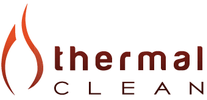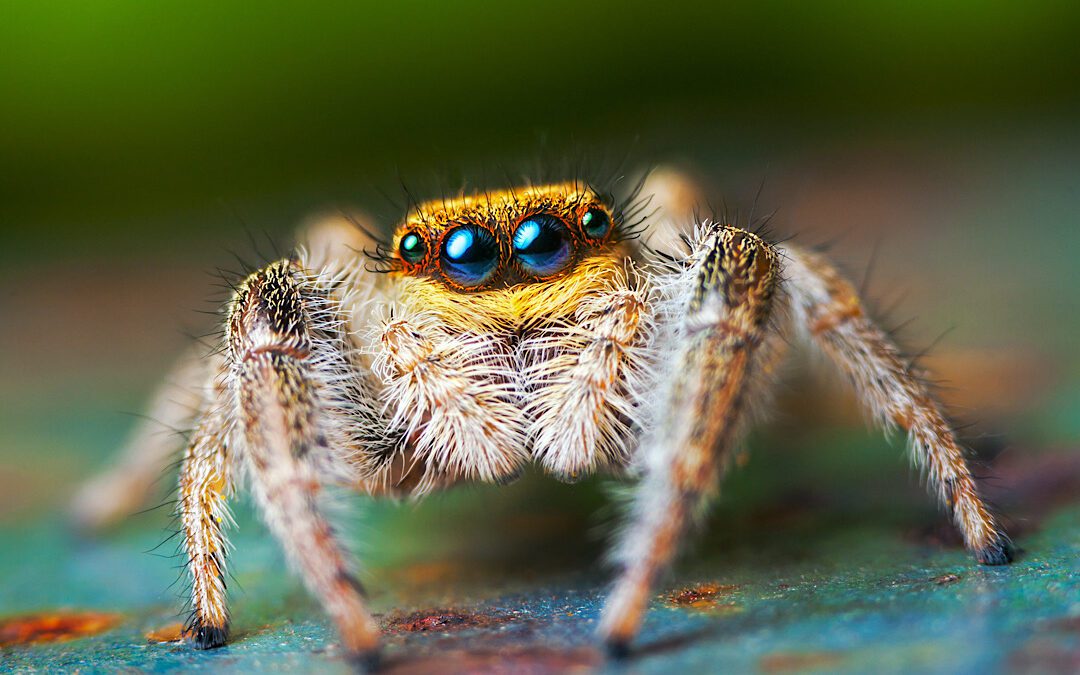Denver’s warm and dry July climate brings more than just sunshine and outdoor adventures — it also invites a wave of summer pests into local homes. As temperatures rise and rainfall diminishes, insects and rodents become more aggressive in their search for shelter, water, and food. For homeowners in the Denver metro area, July represents a critical time for pest awareness and prevention. That’s why many rely on Thermal Clean, a local expert in pest remediation, to provide proven strategies and professional solutions during peak pest season.
Understanding which pests are most active this time of year, why they’re entering homes, and how to deal with them effectively can help you avoid infestations, discomfort, and property damage. This blog breaks down the top four summer pests to watch for in Denver homes during July and offers expert strategies for keeping them out.
Ant Infestations Surge with Rising Heat
Ants are one of the most frequently reported pests in Denver homes during the peak of summer. Their colonies thrive in hot weather, and once inside, ants can quickly multiply, forming long trails from outdoor entry points to kitchen pantries and bathrooms.
Why Ants Are a July Menace in Denver
Denver’s high elevation and semi-arid conditions create an ideal breeding ground for pavement ants and odorous house ants. With outdoor moisture scarce, ants are driven indoors where water and sugary residues are easier to find.
- Ants reproduce faster in high heat, with July’s average temps in the 90s fueling colony expansion.
- Dry conditions force ants to relocate, bringing them into homes in search of food and hydration.
- Denver’s urban sprawl means more pavement ants nesting in sidewalk cracks and building foundations.
Smart Ant Prevention for Homeowners
- Seal baseboards, windows, and foundation cracks
- Store pantry items in airtight containers
- Wipe counters and mop up spills promptly
- Fix leaky faucets and eliminate excess moisture
- Use ant baits strategically near entry points
According to the National Pest Management Association, “Ants are the most difficult pest to control without professional help due to their colony size and multiple nesting sites.” A few visible ants could mean thousands nearby, so early action is essential.
Spiders Seeking Shelter in Basements and Garages
While spiders can be beneficial in natural environments, they become a nuisance once they begin establishing webs inside living spaces. During Denver’s hot July days, spiders seek out dark, cool, and undisturbed places — basements, garages, and storage rooms become prime real estate.
Common Denver Spiders in the Summer
- Common house spiders: Non-threatening but prolific web builders.
- Wolf spiders: Larger, fast-moving hunters are often mistaken for more dangerous species.
- Black widows: Venomous and commonly found in sheds, crawlspaces, and woodpiles.
What Drives Spiders Indoors?
- Increased indoor insect activity serves as a food source
- Cooler indoor spaces offer better shelter from daytime heat
- Dry outdoor conditions reduce available water
Ways to Keep Spiders Out of Your Home
- Keep storage areas tidy and clutter-free
- Install tight-fitting screens on windows and doors
- Place sticky traps in corners and near baseboards
- Remove outdoor debris piles and stacked firewood from near your house
Most spiders aren’t aggressive, but venomous varieties like the black widow pose a safety concern. If you’re unsure about spider identification or see multiple spiders, contact a pest specialist for inspection and removal.
Wasps and Hornets Become More Aggressive in Mid-Summer
Stinging insects are another top concern for Denver-area residents in July. As their colonies grow larger, paper wasps, hornets, and yellow jackets become increasingly territorial — often leading to painful and unprovoked stings.
Why July is Peak Season for Wasps
- Nests reach maximum size, triggering protective behavior from adult wasps
- Outdoor food sources dwindle, sending wasps searching for human food scraps and sugary drinks
- Warm, dry weather promotes nest building under decks, eaves, and fences
Denver Conditions That Worsen Wasp Issues
- Backyard barbecues and trash bins attract yellow jackets
- Water features like bird baths and hoses draw thirsty wasps
- Dense shrubbery and outdoor furniture create nesting spots
Reduce the Risk of Wasp Encounters
- Keep garbage tightly sealed and remove food debris after meals
- Limit sugary drinks outdoors and avoid wearing fruity scents
- Conduct regular checks for nests under eaves, grills, and patio furniture
- Install decoy nests and plant natural repellents like mint and basil
The Colorado State University Extension advises caution when dealing with nests. “If you see a nest larger than a softball or near a high-traffic area, it’s best handled by licensed pest control professionals.”
Mice and Rodents Sneak Indoors Amid Drought Conditions
Although rodents are often associated with colder months, summer droughts can push them indoors. In Denver’s July heat, house mice and voles begin seeking shelter in shaded, food-rich areas like garages, crawlspaces, and attics.
Why Rodents Enter Homes During Summer
- Outdoor food scarcity from dry soil and dying vegetation
- New construction or land clearing displaces established burrows
- Air-conditioned homes offer cooler temperatures and consistent water access
Signs You Might Have Rodents
- Droppings near pantry shelves or food bins
- Gnaw marks on cardboard, wires, or furniture
- Nocturnal scratching or squeaking sounds
- Shredded materials used as nesting insulation
Rodent Prevention That Works
- Seal all gaps larger than ¼ inch around vents, pipes, and doorframes
- Keep trash areas clean and secure pet food indoors
- Trim tall grass and remove hiding spots near the foundation
- Store firewood 20 feet from the home and 18 inches off the ground
- Use snap traps or bait stations cautiously and according to safety guidelines
Rodents don’t just cause property damage — they’re known carriers of over 35 diseases, including hantavirus, leptospirosis, and salmonella. If you suspect rodent activity, a licensed exterminator can provide safe and effective control options.
Essential July Pest-Proofing Tips for Denver Homes
July’s pest pressures aren’t just seasonal — they can escalate if left unaddressed. Implementing simple but effective pest-proofing strategies now can prevent costly infestations later in the year.
Your Denver Summer Pest Control Checklist
- Inspect and seal all cracks, vents, and gaps on your home’s exterior
- Clean kitchen surfaces daily and avoid leaving food out
- Install door sweeps and check window screen integrity
- Limit outdoor lighting at night or switch to yellow bug bulbs
- Eliminate standing water in birdbaths, planters, or gutters
- Schedule regular pest control treatments with a licensed professional
For optimal protection, consider quarterly pest management services that include seasonal inspections, treatment for known pest threats, and guidance tailored to the Denver climate.
July is when pest problems can quietly develop into long-term infestations. Staying proactive with prevention now saves time, money, and frustration later in the year. Whether you’re fending off ants in the pantry or wasps on the deck, taking action early ensures your home remains a safe and pest-free environment all summer long. Contact Thermal Clean today to schedule a professional assessment or preventative treatment and stay ahead of seasonal pests before they settle in.

